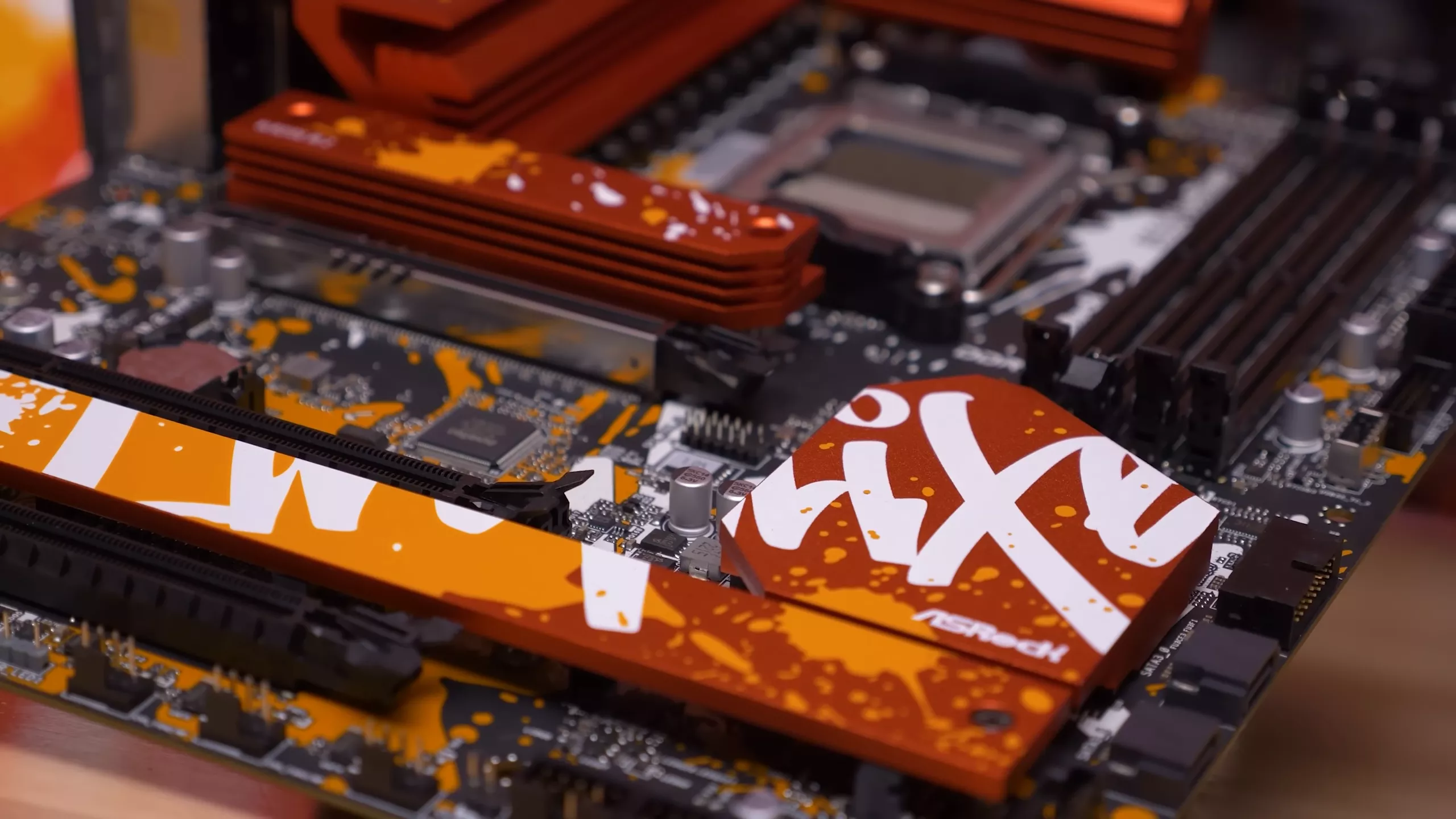The motherboard market has seen a significant decline in sales since the onset of the COVID-19 pandemic, with 2022 being a notably difficult year for the leading manufacturers.
However, 2024 is projected to mark a significant recovery, with sales expected to surpass the figures seen in 2019. This anticipated rebound is attributed to several factors, including the upcoming releases of AMD’s Ryzen 9000 and Intel’s Arrow Lake desktop CPUs, which are expected to drive demand.
According to a Digitimes report, the four major motherboard manufacturers – Asus, Gigabyte, MSI, and Asrock – are forecasted to deliver a combined 38.8 million units in 2024, a significant increase from the previous years and a return to pre-pandemic sales levels.
This projection surpasses the 37.6 million units sold in 2019, indicating a strong recovery for the industry. Asus is expected to lead with 15 million units, followed by Gigabyte with 10.3 million, MSI with 9.3 million, and Asrock with 4.2 million units.

The sector’s downturn from 2020 to 2022 was severe, with a sharp decline in 2022 where sales dropped nearly 25% year-on-year, translating to ten million fewer units sold.
This period saw Asrock experiencing the most drastic reduction, with shipments plummeting by 55% from 6 million units in 2021 to 2.7 million in 2022. MSI also faced a significant decline of 42%, with Asus and Gigabyte seeing decreases of 25% and 14%, respectively.
The decline was driven by several factors, including the reduction in demand for home computing equipment as workers returned to offices and a downturn in the cryptocurrency market, which lessened the need for mining-related hardware.
Additionally, despite the release of new processors and motherboards in 2022 and 2023, economic uncertainties caused PC buyers and DIY builders to hold back on purchases.
The outlook for 2024 is much more positive, with AMD and Intel set to release their new desktop processors later in the year, which is expected to spur motherboard sales. AMD’s Ryzen 9000-series processors will launch on July 31, 2024, and Intel’s Arrow Lake chips are anticipated in October.
The introduction of new chipsets and motherboards, along with China’s reopening and subsequent economic recovery, are significant factors contributing to the resurgence of the motherboard market. Increased economic activity and consumer confidence in China, coupled with eased production disruptions, are expected to bolster the industry’s recovery further.
